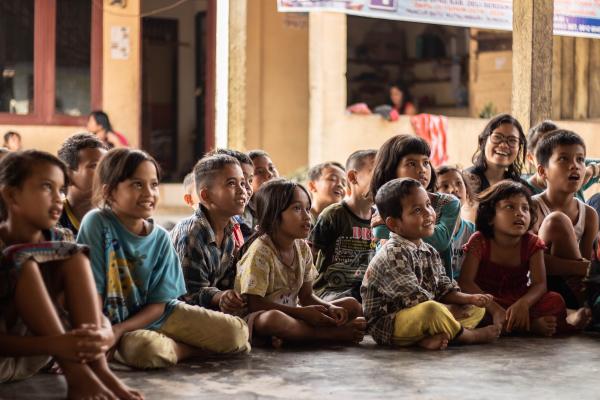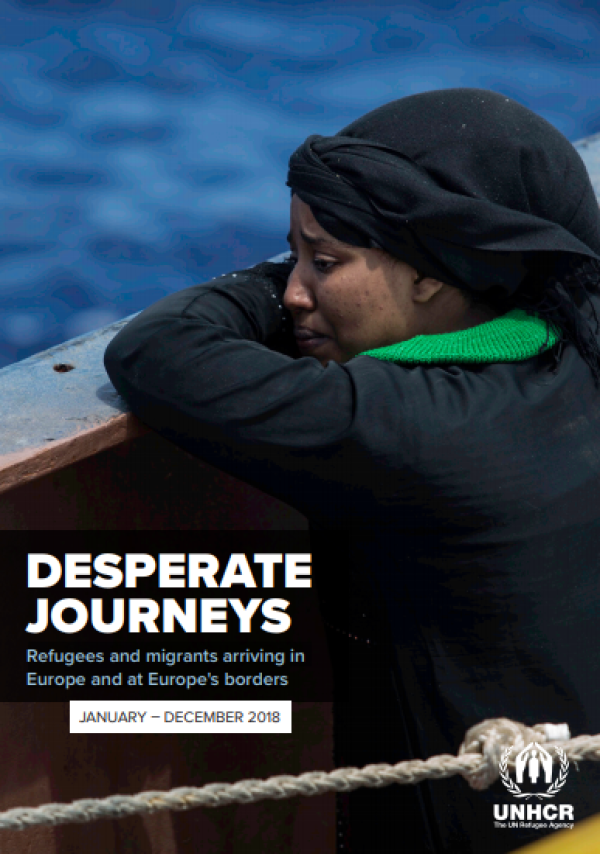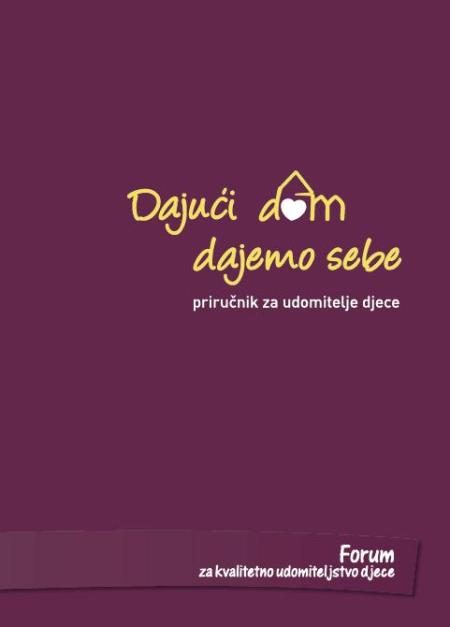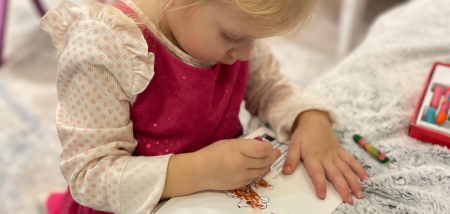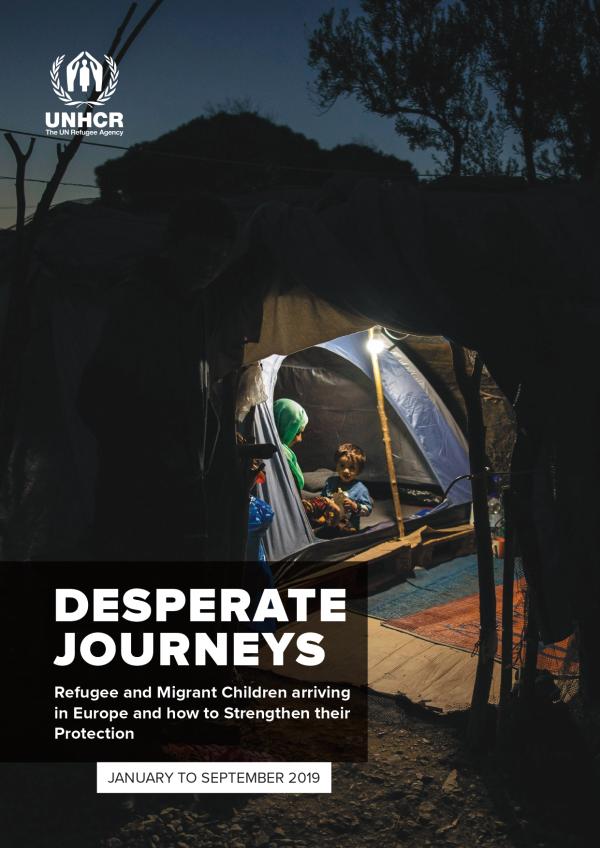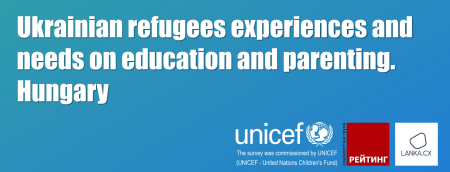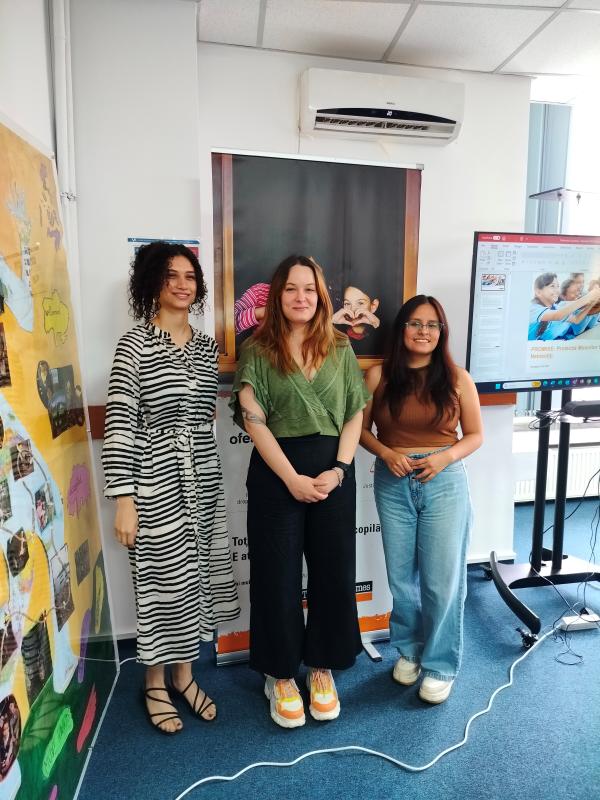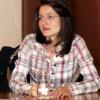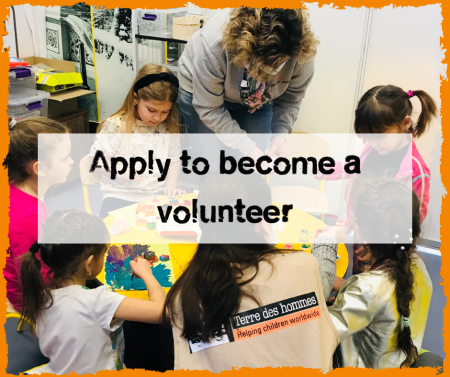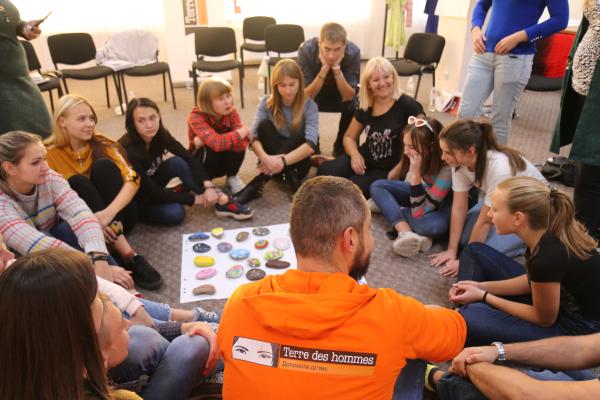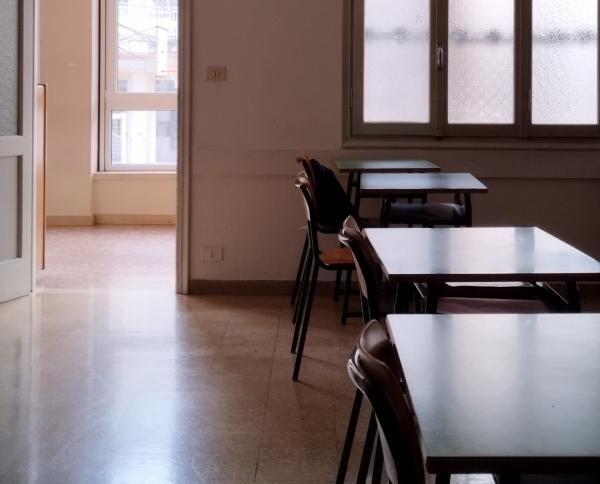
“A child asked me if he can take a toy in the shape of a house that we had in the shelter, because he and his mother lost their home in Ukraine. I asked if I was still needed, then went outside to cry.” (a doctor from the refugee shelters at the train station in Bucharest)
“I helped carry a child inside the refugee shelter. He was born on the road from Ukraine to Romania. I never thought I would see this kind of thing.” (volunteer translator at the bus station Filaret)
“My friend met a woman who started crying when she found out the sandwiches we were giving out were free. She could not believe the kindness of people.” (a Romanian citizen who hosts refugees in his apartment)
All these stories were shared by Romanians who participated in the huge solidarity mobilization for the Ukrainian refugees. Today, Ukraine is a country that fights for its rights and its freedom. A great number of Ukrainian citizens are trying to escape the conflict, looking for a safe space somewhere else. It is very difficult to estimate the number of people that crossed the Romanian border: the volunteers and the police forces estimate that around 600.000 refugees entered the country.
According to the European Convention for Human Rights, art.2 and art.5, “Everyone’s right to life shall be protected by law” and “Everyone has the right to liberty and security of person.” [1]These rights do not exist in the eyes of Russia, who forced the citizens to seek refuge in neighboring countries.
How did Romania act on this? Are the actions of solidarity enough to give refugees a sense of balance? How do we guarantee everyone an equal access to all necessary resources? Only the experience of refugees can give us a sense of what it is like to flee one’s country because of war.
Anticipating the flux: the Romanian people act and wait
On the 24th of February, Russia invaded Ukraine. The media was flooded by information about the unexpected trigger of the conflict. Despite everything, the Romanian government under-estimated the gravity of the situation and waited to see how things will evolve. According to a former policewoman, “In Romania it’s always the same issue: the government does not really anticipate.”
This lack of organization needed a solution, that was in the end neither official nor administrative. The solution was born from a feeling of solidarity. Fueled by this sentiment, a big part of the Romanian population acted independently from the state. The people interviewed in regard to this matter identified three entities present at the borders in the beginning of the conflict: the civilians, the NGOs and the private companies, all englobed in an ad-hoc volunteer group. “In the beginning, it was only us, people, who wanted to help”, states a volunteer.
If the civil population would not have started this movement, Romania would have been late to deal with the beginning of this crisis and unable to manage the current situation. And it is not just about the Romanian people. Some of the doctors working on the field have noticed volunteers from other member states of the European Union, mobilized by the same solidarity towards Ukraine.
Arriving at the border: welcome and orientation
At the borders of Isaccea and Siret, the atmosphere is heavy. Some Romanians are taking Ukrainian refugees in their cars to help them get closer to the safe zone. Women and children are crying because they find themselves finally able to breath with ease. Even if they managed to get into the country, their journey is far from being over. Interviewees describe a terrifying image and cannot find words to properly express the feelings, the looks on people’s faces.
Despite this crisis, Romania has to overcome some personal challenges too. This time, the sources of these challenges are different: How do we organize to accommodate the refugees? How will the volunteers communicate with them? Where do we guide them to?
The language barrier was rather easy to get rid of, and the solution emerged from several groups of people: Ukrainian students in Romania came to the borders and train station, in order to help the refugees communicate with the volunteers. Authorized translators and bilingual citizens were also quick to offer their help, offering guidance to Ukrainians regarding specific national procedures. In a bus terminal, a theater director and volunteer translator explains how not even hearing their mother tongue can relieve them of the confusion and panic. According to him, a lot of people who speak Ukrainian or Russian are eager to help.
The management of the accommodation was implemented by NGOs and private companies, in collaboration with the Romanian government, which finally acted on the crisis: they split the volunteers in several departments, in order to handle the flux of refugees in an efficient way, by creating organs with specific tasks. These implied “document control, center for refugees without I.D., assistance for animals”, explains a former policewoman who has been helping at the border. The most important creations are the information points giving guidance towards possible destinations to spend the night. The impact of this management was very powerful, because all the solutions helped lower the tension in the atmosphere and allowed for a higher number of refugees to pass the borders.
Surviving the first night: immediate help and necessary resources
The chain of events continues as the refugees have to overcome a third challenge, as they run from the conflict that has taken over their homeland. Even after escaping the danger zone and entering Romania, the women cry when receiving food from the volunteers because they cannot grasp the idea that everyone who waits for them at the borders wants to help. Many look for a warm embrace, because they only then understand the gravity of their situation. “It looks like the children are the most affected by this change. They do not seem to be able to wrap their heads around what is in fact going on.” (two women volunteering at the borders)
Despite all the affection and the emotional support, the problems continue to appear: the refugees now need a place where they can spend the night. They left with little. They need food, clothing, medical assistance, childcare. All these resources need to be provided by someone, in order to give the refugees the possibility to weigh on their next step.
This issue was rapidly resolved in several manners. From the exterior, the people, the NGOs and the other European states have donated resources for all the categories mentioned. “Each helps with what they can, even if it’s not much. I think whatever it is, it’s still something.” (a volunteer). The state installed temporary shelters in the train and bus stations in Romania, giving refugees the opportunity to spend the night somewhere warm. The government also granted money to hotels and hostels, in exchange for accommodating the refugees, to not worsen the financial situation of the owners and to raise the availability of shelter. In these establishments, Romanian and foreign doctors offer free medical care for refugees, while also having resolved the scarcity of medication. Two doctors in such shelters explain that they offer consults for all kinds of health problems and that the workload is immense. Finally, in order to communicate with their families, big phone companies such as Orange and Vodafone offer prepaid SIMs for all calls towards other countries.
All actions of solidarity helped manage the crisis and improved, on short term, the conditions of the refugees and their possibilities to overcome the challenges of their journey.
Contacts, decisions on the final destination, requests and moments of respite.
After surviving the first night, after contacting their families, a moment of respite takes over and allows the refugees to think of their future. At the train station and bus terminals in Bucharest, the atmosphere, according to the volunteers, is very difficult to describe: “We can’t really explain what’s going on. It’s really difficult to watch. I can tell you that they are all trying to find their new home in the world.”
Nevertheless, this first night is not the last obstacle. The management of the next type of mobilization also gives birth to new issues. At this point, it is possible to identify several categories of refugees.
The first category is that of the refugees who have members of their extended family living abroad. How can they be reunited? The refugees left Ukraine with little, because such a crisis did not allow them to plan a relocation. Therefore, they need some sort of help to leave Romania in the search for their families living in Western Europe. In order to do that, local and European airlines provide free plane tickets for the refugees, allowing them to get as far away as possible from the conflict. Tourist agencies and transport firms in Europe have also created travel itineraries for Ukrainians, strengthening and multiplying their possibilities to finally join a part of their family and quickly reach their destination. Simultaneously, European countries have modified the policies in relation to border crossing, to facilitate the journey of refugees and speed up their accommodation. All these actions strongly impact the future of Ukrainian refugees who can finally feel some sort of balance in their lives.
The second category refers to the Ukrainians who wish to remain in Romania. For them, the nature of the problem is rather different. As transportation becomes less of a focus, the attention is shifted towards their accommodation. Not being citizens of the European Union, Ukrainians need to follow different procedures to receive a work permit and the possibility to live indefinitely on the territory of an EU state. This process is complex and requires a lot of documentation in order to authorize such a relocation. To resolve this problem, the Romanian government offers special conditions for receiving these work permits, allowing refugees to demand political asylum and work in Romania for a certain period of time. These gives them hope and the confirmation that, within a Europe that respects their rights, they are supported.
Finally, the third category is that of refugees who do not know where to go. Deciding on such a topic is not easy, as most of them are uncertain of their next move. The issue emerging is how to accommodate them, knowing that the provided places in hotels and shelters are always occupied by new refugees. Looking to help, many offered their own homes as temporary shelters. “My apartment from when I was a student was empty, so I decided to help the people who were looking for a place. I had a lot of refugees come in, but in the last two weeks I’ve been hosting a family, a mother with four kids, who is still not sure if she wants to go to the UK or not.” (a career coach in Bucharest) “I am not the only one either. A lot of people do that. It’s kind of our responsibility.”
Thinking long term, thinking on a larger scale
After guiding the journey of refugees, it is necessary to think about the future. The same approach is taken on by other Western European states, which look to integrate Ukrainians in their societies. Long term, it is imperative to understand that we will encounter new and different issues: a fresh perspective is needed. Romania has already started to implement measures for the integration of Ukrainians in the education system or the work environment, but not everything is yet solved.
The European Union is defined by certain values. Human dignity, freedom, democracy, equality, respect for the rule of law and human rights[1] are concepts and values shared by all member states of the EU. It is our duty, as citizens of a free Europe, to help people who are deprived of their rights. Everyone who told a story about the crisis thinks that Ukrainians deserve to live in a world where these values have a real meaning. “Involved”, “mobilized”, “not everything we could have done, but better than we expected”, are the words used to describe the actions of Romania and Europe. It’s the duty of people to protect people. “And I think that our work is not even close to being done.” (former policewoman)
[1] “Aims and values”, https://european-union.europa.eu/principles-countries-history/principles-and-values/aims-and-values_en, last accessed 24th of June 24, 2022
[2] Council of Europe. 1950. “Convention for the Protection of Human Rights and Fundamental Freedoms.” Council of Europe Treaty Series 005. Strasbourg: Council of Europe, page 6-8.
About the author
Ioana Cernat is 19 years old and a second year student at the dual degree program of Sciences Po Paris and Freie Uni Berlin, majoring in Economics and Sociology. She is passionate about Human Rights and child protection, as she has been involved in several actions of this type, in both Romania and France. She is passionate about what she does and hopes to raise awareness through her writing.


